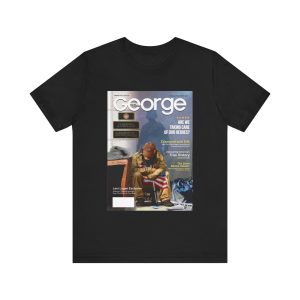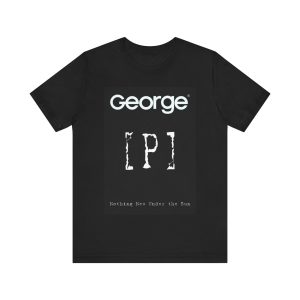

A federal judge on Wednesday rejected a political action committee’s (PAC) request to share signatures of tens of thousands of supporters and their contact information with Florida Gov. Ron DeSantis to boost his would-be presidential campaign, saying that the contact list has a market value exceeding the contribution limit set by federal regulators.
The dispute was raised by Ready For Ron (RFR), a Miami-based PAC with the goal of getting 1 million people to sign a petition to encourage DeSantis to run for president. As of this February, RFR had spent over $1 million in “soliciting and gathering over 200,000 real, electronic, and telephonic signatures with contact information,” according to court filings.
The Federal Election Commission (FEC), which historically allowed candidates to buy or rent supporter lists compiled by other groups, initially formed a deadlock along party lines when RFR asked for permission to give DeSantis the full list for free. After many rounds of back and forth between RFR and the FEC and a public hearing, the federal regulators issued an advisory opinion against the move, saying that the list is too valuable as a gift.
According to RFR’s own estimation, a “reasonable sample market value of contact information” for a political distribution list is about 5 cents each. This means the list hits the $2,900 limit for the 2021–22 election cycle when it reached 58,000 signatories. New FEC rules announced this February raises the threshold to $3,300 for someone who is officially a candidate, and to $5,000 if the recipient is still “testing the waters.”
RFR sued the FEC in October 2022, arguing that the list, which it had spent a lot of time and money to compile, is First Amendment-protected “pure political speech,” as opposed to a “thing of value” that has to be bound by contribution limit rules. In December, the PAC filed a motion for preliminary injunction to stop the commission from interfering with its plan to deliver the full list to the Republican governor.
“Under the First Amendment, the commission may not bar RFR from providing a petition to Governor DeSantis encouraging him to run for president, simply because it contains the names and addresses of its signatories,” the complaint read. “Federal campaign finance law does not require anonymous political speech.”
In Wednesday’s opinion (pdf), U.S. District Judge Randolph Moss found the PAC’s argument “unpersuasive,” saying that the list, despite being a part of a petition, is essentially a non-monetary contribution.
“As such, the list is subject to the contribution limits contained in the Federal Election Campaign Act (FECA) … and it is now well-trod ground that those limits satisfy constitutional dictates,” the Obama-appointed judge wrote in the opinion, denying the preliminary injunction motion.
The fact that Ron DeSantis has yet to officially enter the 2024 presidential race is irrelevant to the case, Moss added. Neither does it matter if RFR plans to deliver the list now, when DeSantis is not a candidate; or later if he formally announces his White House bid as expected.
“The Court concludes that it makes no difference whether Governor DeSantis has declared his candidacy, whether he has invoked the regulatory exception for ‘testing the waters,’ or whether he has done neither at the point at which he accepts RFR’s contact list,” Moss wrote. “By accepting the list, he would necessarily commit himself to either a candidacy or testing the waters, both of which require contributors to comply with FECA’s contribution limitations.”
“In short, then, RFR seeks to give Governor DeSantis a valuable contact list, and its purpose in doing so is to influence the 2024 election by inducing Governor DeSantis to become a candidate in that election and supporting him in his candidacy. Such a conveyance is a contribution under [federal election law].”
Moss also warned that ruling otherwise would “invite massive evasion of the campaign finance laws.” Specifically, he said, anyone who seeks office could just wait to declare their candidacies until after they have “assembled war-chests of non-FECA-compliant contributions.”
Dan Backer, a lawyer and counsel to RFR, told The Epoch Times that his organization will keep fighting the legal battle.
“Speech is not money, and should not be regulated as such,” he said. While both the FEC and Moss said they would allow RFR to send the petition to the governor without the signatories’ contact information, the committee refused to compromise, arguing that the information was necessary in order to “demonstrate to Gov. DeSantis the signatures are authentic.”
“Americans have the right to engage in free speech and association,” Backer added. “That includes coming together to petition for and be heard by the candidates they want, not the ones they’re told they must accept.”




Discount Applied Successfully!
Your savings have been added to the cart.